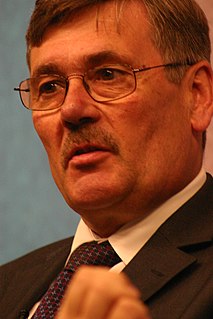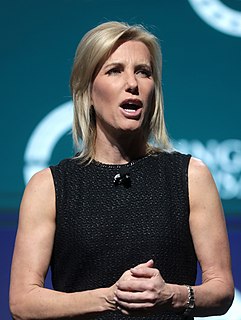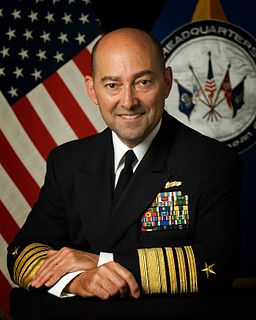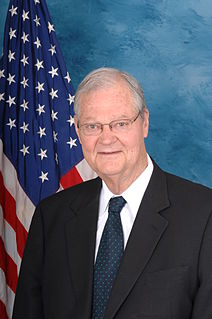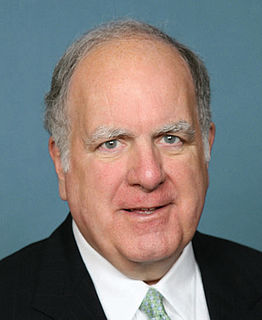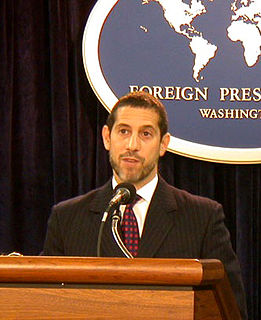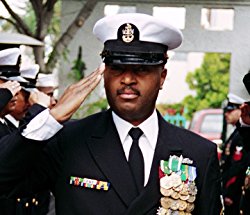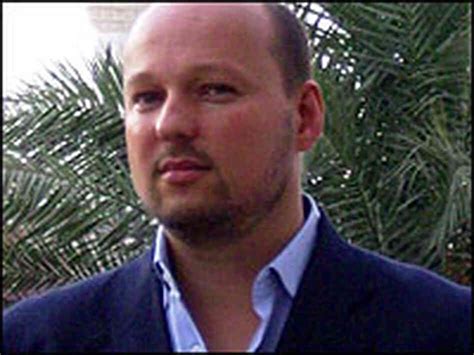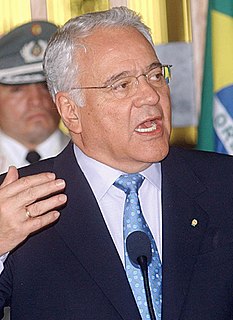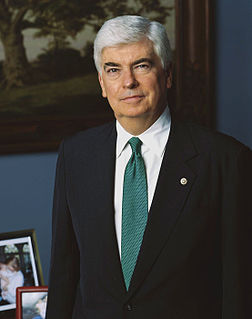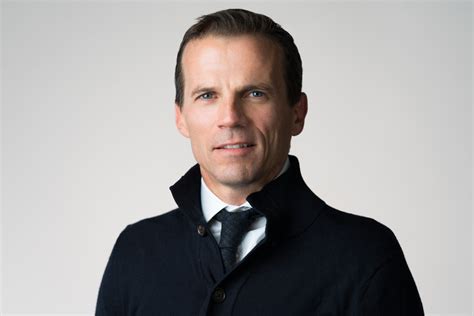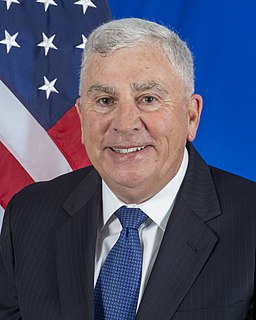Top 74 Insurgency Quotes & Sayings
Explore popular Insurgency quotes.
Last updated on November 25, 2024.
In a country like Iraq with its culture of blood feuds - is that the more locals are killed, the more motivation there is for the insurgency, for the insurgents the more feelings of revenge there are, and in the end the more the operational security of the soldiers suffers, because any soldier who kills an infant today is grooming the killer of his mate tomorrow.
I made this bad joke on Twitter saying, "I want to put in my first no-bid contract to train the Libyan army and police force." These counter-insurgency guys like to say, "We don't do the big F-16 or big boondoggle projects, we're not pulling this stuff because it's good business." But in fact it turns out there are tons of business opportunities involving counter-insurgency operations - and it's not like we're getting rid of the boondoggle programs either, we're just doing more of everything.
Who's the big government guy? These labels are nonsense. And the Tea Party, if you want to call them working class, you know, a working-class insurgency from below, they are a mass of contradictions; they don't have a single consistent viewpoint; but part of their impulse is to be wary of government.




